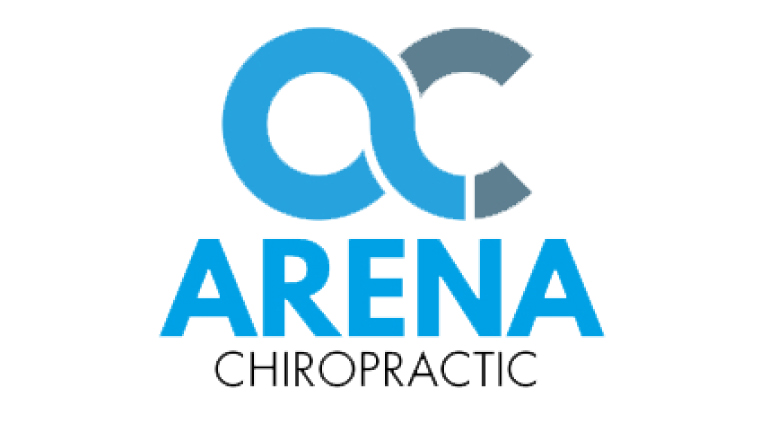Do you suffer from neck pain? If you do, you’re not alone. Nearly 75 percent of American adults will suffer from neck pain at some point in their lives. And, looking at our anatomy, it’s no wonder so many of us do. Though having your head perched on top of your spine gives you a great view of your environment, the set-up is rather like propping a bowling ball atop a tower of blocks. The price? Our necks are prone to injury of the muscles, ligaments, tendons, and joints. But by paying attention to our posture, doing regular stretching and strengthening exercises, and visiting our chiropractors, we can help keep our necks pain-free.
Causes of Neck Pain
Neck pain ranges from mild (annoying and distracting) to severe (incapacitating). Poor posture during normal, everyday activities such as watching TV, using a computer, reading a book, or talking on the phone can easily trigger minor neck pain. TV watching can be particularly bad for the neck if you’re lying on a couch, with your head propped at an awkward angle for a prolonged period of time. Holding the phone between the jaw and shoulder (rather than in your hand), reading at a desk or table with your head hung over a book, or working with a computer monitor below eye level can also be particularly stressful for the neck. By resting and making efforts not to repeat the offending stresses on the neck, minor neck pain usually disappears on its own within a day or so.
Neck pain that won’t go away or keeps coming back can signal a more serious underlying problem. Subluxations or joint restrictions; injuries such as whiplash; diseases like osteoarthritis, meningitis and tumors; congenital malformation; and degeneration (such as that in arthritis) require more than rest. A trained healthcare professional such as a doctor of chiropractic (DC) can help. He or she can determine whether the cause of your neck pain is minor and easily treatable or more serious and requiring more intensive, extended treatment. Then he or she may recommend chiropractic adjustment, massage, natural anti-inflammatory supplements, and/or strengthening and stretching exercises. In some cases, the DC will refer you to a specialist.
Prevention is Key
How can you avoid the need for treatment in the first place? The first step is to take note of your everyday posture. If your job requires a lot of phone use, consider wearing a headset. Do you slouch when you watch TV? Lie on the couch? Choose to sit upright, in a posture-supporting chair. When studying or reading, avoid putting the book or magazine on a flat surface. Instead, consider using a book prop. And, if you notice your computer monitor is below eye level, elevate it by placing it on top of a shelf or tower.
If you experience neck pain that doesn’t abate within 24 hours, seek the advice of a trained healthcare specialist for the appropriate diagnosis and treatment. And remember, because chiropractors specialize in the neuromusculoskeletal system, they are some of the most well-trained healthcare professionals to consult about neck pain




